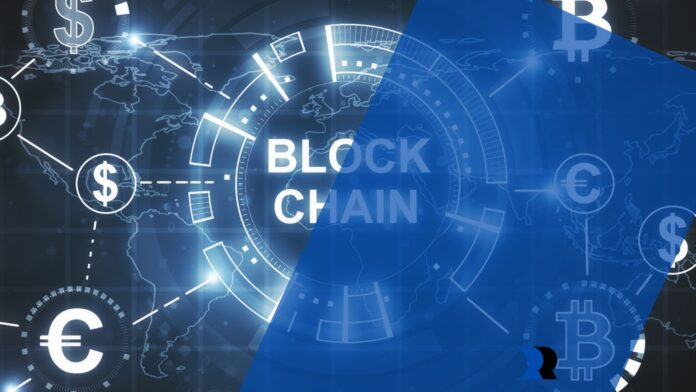In recent years, decentralized autonomous organizations (DAOs) have emerged as a game-changer, shaking up traditional models of governance and business management. These blockchain-based entities are designed to function without centralized control, offering a new way for communities and businesses to operate with transparency, fairness, and automation. But how do DAOs work, and what potential do they hold for industries around the world?
DAOs rely on blockchain technology, a system that enables secure, decentralized transactions without the need for intermediaries. As the blockchain ecosystem grows, so too does the potential for DAOs to revolutionize industries such as finance, healthcare, supply chains, and even governance. According to recent statistics, blockchain spending is expected to surge from $6.6 billion in 2021 to over $19 billion by 2024, highlighting the growing interest in decentralized technologies like DAOs.
What exactly is a DAO?
A Decentralized Autonomous Organization (DAO) is essentially a self-governing entity that operates entirely through smart contracts and a blockchain network. Unlike traditional organizations that are managed by a central authority or board, DAOs distribute control among their participants. These participants, often stakeholders or token holders, use governance tokens to vote on key decisions, including funding allocations, protocol updates, and membership changes.
The key to a DAO’s functionality is its transparency. All decisions, voting processes, and financial transactions are recorded on the blockchain, making it fully auditable and visible to all participants. This open structure ensures that no single party can dominate the decision-making process. DAOs are fundamentally democratic, allowing everyone with a stake to have a say in the direction of the organization.
The appeal of DAOs
One of the standout features of DAOs is their high level of transparency. Unlike traditional organizations where decisions can be made behind closed doors, DAOs make all activities visible to participants. Voting outcomes, funding decisions, and governance proposals are publicly available on the blockchain, reducing the risk of corruption and ensuring accountability.
Automation is another major advantage. Through the use of smart contracts, DAOs can operate without requiring manual intervention, reducing administrative costs and eliminating human error. This makes decision-making faster, more efficient, and more consistent. Additionally, the absence of a centralized authority means that DAOs operate with a flat structure, enabling anyone in the community to contribute and vote on important matters.
Real-World Applications and Impact of DAOs
DAOs have already begun to make waves in various sectors. In decentralized finance (DeFi), DAOs are used to manage crypto lending platforms, governance of decentralized exchanges, and even yield farming initiatives. According to data from the DeFi Pulse, the total value locked in DeFi platforms surpassed $100 billion in 2021, with DAOs playing a pivotal role in that growth.

Beyond finance, DAOs are also making strides in areas like philanthropy and open-source software development. Charitable DAOs, for example, allow global communities to pool resources and vote on which causes to support, while developer DAOs fund and govern software projects collaboratively. These applications are just the beginning—many industries are beginning to explore how DAOs can streamline operations and promote more inclusive decision-making.
The Challenges and Future of DAOs
While DAOs offer several benefits, they are not without challenges. One of the biggest hurdles is the complexity of decision-making. Because DAOs rely on token holders to vote on proposals, the process can sometimes be slow or bogged down by disagreements. Furthermore, bugs or vulnerabilities in a DAO’s smart contracts can be difficult to fix once deployed, as changes to the code may require another vote.
Another issue is the legal ambiguity surrounding DAOs. While some jurisdictions, like Wyoming, have taken steps to recognize DAOs as legal entities, the regulatory landscape remains unclear in many parts of the world. As the technology evolves, it’s likely that more governments will adapt their policies to support DAOs, but the road to widespread adoption remains bumpy.
Conclusion: DAOs as the future of governance and business
Despite their challenges, DAOs represent a radical shift in how organizations are structured and governed. By democratizing decision-making, automating operations, and promoting transparency, DAOs have the potential to reshape industries and empower communities in ways that traditional organizations cannot. If you’re looking to explore DAO development further, a trusted DAO blockchain development company can help guide you through the process and ensure the success of your project.
As the world embraces decentralization, DAOs are poised to play a pivotal role in the future of business and governance. Whether it’s managing investments, governing open-source projects, or funding global initiatives, DAOs offer an exciting glimpse into a more inclusive, automated, and transparent future.


